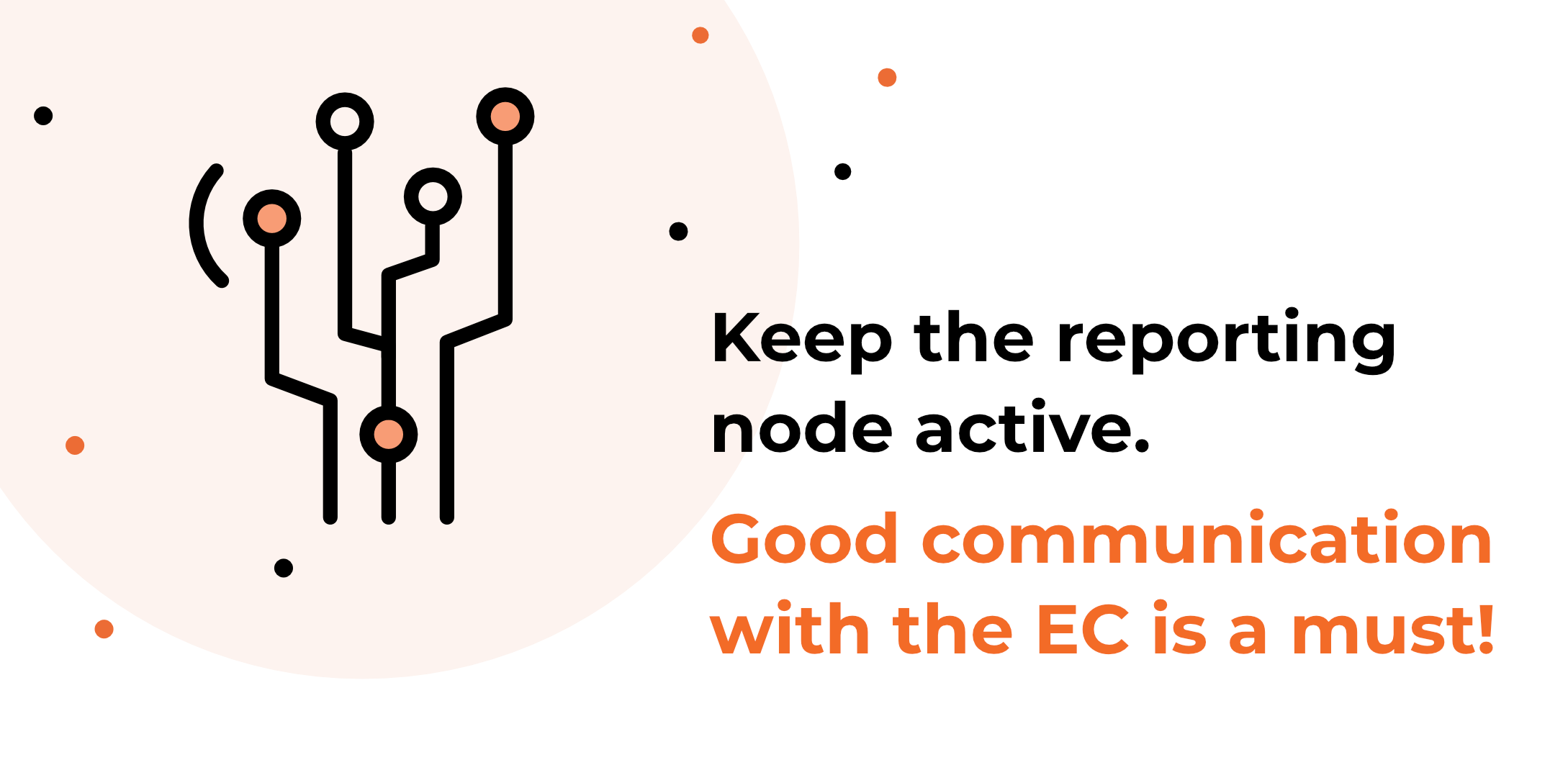
Reporting in EIC Accelerator projects
Congratulations! You’ve finally made it through the rigorous application process, fulfilled the administrative obligations and now your grant agreement (GA) is signed. If you take a look through it, you’ll notice that article 21 of the GA states that “The beneficiaries must continuously report on the progress of the action (…)”, but when should you be reporting and what do these reports entail?
When do I need to report?
The standard project duration in the EIC Accelerator programme is 24 months, which means that you will be reporting progress on the project throughout that entire period but in different ways.
In most cases, your project will be separated into two equal reporting periods (for example, in the case of a 24-month project, there will be 12 months per period) but this may vary for longer project durations. At the end of each period, you will then have 60 days to submit your report. However, since your first report is linked to the release of the second prefinancing payment of your grant, you may want to submit this report as soon as possible to receive those much-needed euros quicker.
What do I need to report?
Reporting in the EIC accelerator can be distinguished into two main categories:
- Technical reporting
- Financial reporting
From a technical perspective, there are three main types of reporting that can occur:
- Progress meetings
- Deliverables & Milestones
- Periodic & Final reports
Reporting in the EIC accelerator first includes two mandatory progress meetings at the end of the first reporting period and right before the end of the second. These meetings are usually organised with the project officer as well as an external reviewer and sometimes representatives from the equity part can be involved. It’s usually required to prepare a presentation where you present the company, your team and the project and then go into project details and progress. It’s much easier to follow if you separate the progress and project expenses per work package.
Secondly, in the proposal you have detailed a list of deliverables (usually written reports) and milestones (project checkpoints) linked to the tasks in your workplan. This information is encoded directly into the Funding and Tenders (F&T) portal at the intervals you have detailed in your business plan. If you think you will miss the deadlines you initially planned, you should always inform the project officer just in case.
Finally, the periodic and final reports are linked to the end of each reporting period. The periodic report will of course include the status of all the deliverables and milestones that were due in that period, but you will also have the opportunity to go into detail about the technical progress you have made during the project, the risks you may or may not have encountered as well as mitigation strategies used. You will also need to detail the dissemination and communication activities organised, any intellectual property generated during the period and also the economic and societal impact of your project (gender balance, citizen implication, environmental protection …) directly into the F&T portal.
The final report is similar to the periodic one but will be more in depth from a technical perspective and will also require more detailed financial information on project expenses.
From a financial perspective, the periodic financial report is simply a statement on the use of the previous prefinancing payment. The F&T portal will ask you to detail what percentage of the first prefinancing you have spent. If you remember from your grant agreement, you should spend at least 70% of the first prefinancing payment to receive the full amount of the second one.
However, with the final report, not only will you need to prepare the financial statement on project expenses (all eligible expenses per cost category) but also an explanation on the use of resources (explanations of deviations, unforeseen costs, details per work package etc.) and the Certificate on the Financial Statements (CFS).
Reporting to the EC throughout the duration of your project is one of the main duties each beneficiary has when they enter the grant agreement. You should therefore try to organise this from the beginning of your project to ensure smooth sailing throughout and we would be happy to help. Reporting should be given top priority as errors in reporting could potentially slow down the payment of your grant instalments or cause you to have some costs rejected and the full grant amount decreased.
If you have recently been awarded an EIC Accelerator Grant or have doubts on how to correctly prepare the reports for your project, don’t hesitate to contact us at hello@getpolite.eu for more information and/or guidance.